
Main Page
Alphabetical Menu
Chronological Menu
|
The Avengers  Nick Fury (Samuel L. Jackson), Director of the law enforcement agency S.H.I.E.L.D., assembles a group of superheroes known as The Avengers to retrieve the stolen Tesseract, a cube with unlimited energy capable of destroying the world, from Loki (Tom Hiddleton), the adoptive brother of Thor (Chris Hemsworth). The Avengers, for those of you who aren't familiar with the comic book, include Thor, Captain America (Chris Evans), Black Widow (Scarlett Johansson), Hawkeye (Jeremy Renier), the Hulk (Mark Ruffalo), and Iron Man (Robert Downey, Jr.). Their mission to save the world becomes further challenging when they struggle to get along as a team. Director/co-writer Joss Whedon assumes that you already watched the prior Marvel films diligently or that you've read the comic books because there's very little that's actually explained about who the characters are and what the Tesseract is other than a highly dangerous cube consisting of unlimited energy. You shouldn't expect much character development in an action/sci-fi film, but it would have been nice to have a least a little of that development to ground the film in at least a modicum of realism. Instead, realism is completely thrown out of the window and in its place you'll find lots of marvelous CGI effects and very little in the story department. It's very difficult to be truly exhilarated and amazed because by the time the 10th action sequence transpires, tedium begins to set in. What does keep you moderately entertained, though, are the amusing performances by Robert Downey, Jr. and Mark Ruffalo who exude plenty of charisma and even a little panache with some of their one-liners. Does The Avengers really need to be 2 hour and 22 minutes long? It could have definitely used a trimming when it comes to the lengthy action scenes. You can clearly see what the film's budget was spent on because the film hits you in the face with its state-of-the-art visual effects, but perhaps more time and money should have been invested on the screenplay so that it wouldn't become yet another brainless, overbloated and mostly underwhelming blockbuster. Please be sure to stay through the end credits for an additional scene. 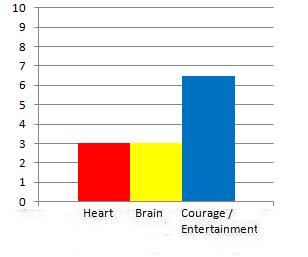 A Beautiful Soul 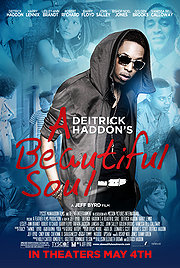 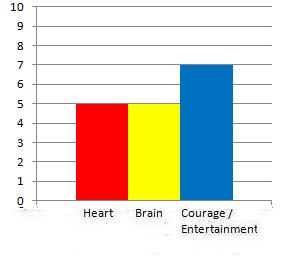 Chronicling a Crisis 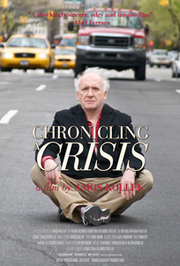 It takes a lot of courage to point the camera at oneself or even look into the mirror during a time of crisis. Director Amos Kollek does just that, though, and hopes to overcome the hardships. What particular crisis is Kollek documentary here? There's his filmmaking crisis which has put him in a slump after the failure of his film Happy End from 2003. There's also the emotional crisis he has with his dying father, Teddy Kollek, as he tries to reconnect with him. Then there's the crisis involving a prostitute, Robin Remias, whom he meets and befriends on the streets of New York. Her struggles with drug addiction and prostitution as well as the evolving dynamic of her and Kollek's friendship take up most of the film's running time. The footage of Remias feels quite emotionally devastating on a visceral level--it's as though you're watching a train wreck that you can't look away from. Chronicling a Crisis is the kind of documentary that appeals your emotions rather than to your intellect because neither Kollek nor Remias come across as articulate or particularly insightful individuals. They're very flawed human beings which makes them all the more compelling and endearing. At times the honesty feels uncomfortable to watch, and you wish that Kollek had included more moments of comic relief to provide some levity amidst the heavy subject matter. Perhaps a director other than Kollek would have been able, given the added distance from the crises, to turn the documentary into a more cohesive film with more form and content, but there's no denying that only Kollek could have been able to bring out such unflinching emotional honesty onscreen. Life, as well as the process of filmmaking itself, can often be chaotic, but like The Chaos Theory says, within chaos, there's always order (or truth) to be found. Through Chronicling a Crisis, Kollek has gotten closer to finding that truth within the chaos both as a filmmaker and as a well as a human being. 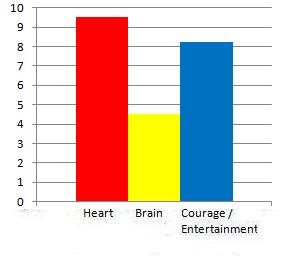 Main Page Alphabetical Menu Chronological Menu ______________________________________________________ |
The NYC Movie Guru
themovieguru101@yahoo.com
Privacy Policy